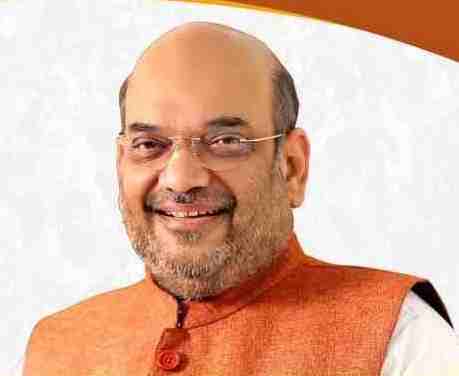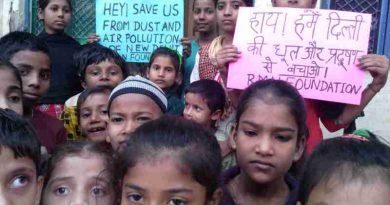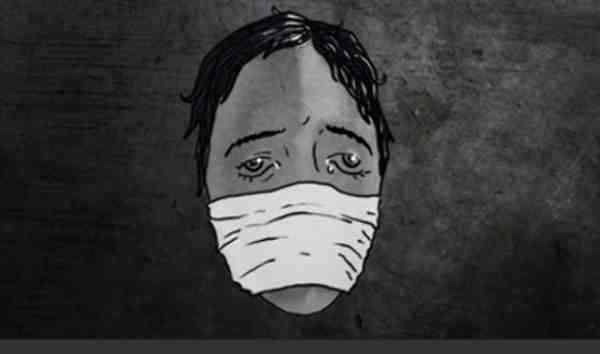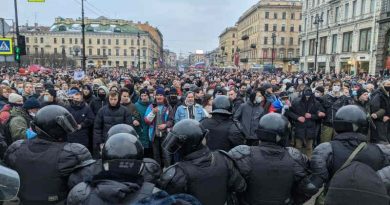Amit Shah Case: Who Killed the Investigating Judge Loya?

It will be a foolishness to expect anything truthful in Amit Shah case from traditional Indian courts or investigation agencies which are tightly under the control of the ruling regime.
By Rakesh Raman
These days, an Indian publication named The Caravan is publishing a series of reports about the death of a judge B. H. Loya who was investigating a criminal case in which Amit Shah – president of the ruling Bharatiya Janata Party (BJP) of Prime Minister Narendra Modi – was a prime accused.
Reported by journalist Niranjan Takle, the reports suggest that judge Loya had died in mysterious circumstances three years ago, although his death was shown as a simple case of heart attack.
As a Central Bureau of Investigation (CBI) judge in a special court of Mumbai, Loya was hearing a controversial case of the alleged ‘fake encounter’ killing of Sohrabuddin Sheikh in 2005. In this case, the prime accused Amit Shah was Gujarat’s home minister at the time of Sohrabuddin’s killing. It was alleged that Sohrabuddin was killed at the behest of Amit Shah who was the home minister when Modi was Gujarat’s chief minister.
Modi Factor
In May 2014 when Modi – who himself was an accused in the Gujarat riots of 2002 – became the Prime Minister of India, the investigating agencies including the judiciary came under his control. In June 2014, an earlier judge J.T. Utpat investigating the Amit Shah case was transferred, although the Supreme Court of India had directed that the same judge will handle the entire case.
According to the reports published by The Caravan, Judge Loya who replaced Utpat was offered a bribe of Rs. 100 crore by Chief Justice Mohit Shah for a favourable judgment in the Sohrabuddin case.
The reports add that Judge Loya refused to accept the bribe and decided to handle the case on its merits. He fixed December 15, 2014 the next date of hearing, but died in mysterious circumstances on December 1.
Journalist Niranjan Takle who has been investigating this case interacted with Loya’s family to write his report that The Caravan first published about a week ago. Since most other journalists in India’s mainstream media usually do not cover stories that criticize Modi and his friends like Amit Shah, the sudden death case of judge Loya is being ignored by the big media houses.
But a few journalists, judges, and politicians are demanding a thorough probe in this case. For example, Arun Shourie, a top journalist and rebel BJP leader has suggested that more journalists must report this case and the Indian judiciary should intervene to reveal the truth behind Loya’s death. Shourie also said that if judiciary is reluctant to take up this case, a small group of eminent citizens can form a kind of “people’s commission” to further investigate the case.
Another BJP leader and Lok Sabha Member of Parliament (MP) Shatrughan Sinha told The Caravan that the issue of the death of judge Loya should be raised in the Parliament.
Meanwhile, according to The Caravan, a retired judge of the Bombay High Court B.H. Marlapalle has written to Manjula Chellur, the chief justice of the high court, urging an “investigation by an SIT (Special Investigation Team)” into the suspicious circumstances surrounding the death of judge Loya.
Risks in Investigation
Although the demands for investigation are increasing, no investigation or investigating officer can dare to point the finger at Amit Shah. People know if judge Loya can die in an inexplicable manner, they also can be made to face the same fate.
Earlier it had happened in Vyapam scam in which, like Amit Shah, another BJP leader and Madhya Pradesh Chief Minister Shivraj Singh Chouhan was an accused. As the investigation in the Vyapam case was progressing, the witnesses and others familiar with the case started disappearing.
A Special Task Force (STF) submitted a list to High Court in 2015 informing that 23 people died “unnatural death.” Some media reports claimed that more than 40 people associated with the scam had died under mysterious circumstances.
Recently, an online news site The Wire had published a report in which it had revealed numerous irregularities in the business of Amit Shah’s son Jay Shah. The Modi government quickly reacted to silence The Wire journalists. The news site said that it is an attempt by Jay Shah to gag The Wire.
Obviously, most journalists and witnesses would be scared to say anything against any BJP leader such as Amit Shah because they have seen the fate of BJP’s opponents in such criminal cases. It is possible that since this story is developing, people who know something about Loya’s death have already died “unnatural death” or in mysterious circumstances.
After Loya’s death, even the courts and the judges will be reluctant to go anywhere near this case. Earlier, in a similar case, it was largely alleged that the killings in 2002 Gujarat riots – in which nearly 2,000 Muslims were murdered – were executed at the behest of Modi who was then the chief minister of Gujarat.
Although Indian courts exonerated Modi in that case, the U.S. administration denied visa to Modi in view of the allegations of human rights violations against him in the 2002 incidents of riots and carnage. Less said about the Indian courts, the better.
So, it will be a foolishness to expect anything truthful in Amit Shah case from traditional Indian courts or investigation agencies which are tightly under the control of the ruling regime.
Investigation Structure
However, if people want to know the truth they should demand the formation of an all-party investigating team which should work like the U.S. Senate Judiciary Committee and Senate Intelligence Committee.
The all-party investigating team must be headed by a respected special judge like Special Counsel Robert Mueller who is investigating the alleged ties of the U.S. President Donald Trump with Russia to deceptively win the presidential election in 2016. It should also have a UN (United Nations) observer.
Moreover, the media should be allowed to cover the hearings and all the hearings in the case must be relayed live. In all probability, this model should help find out the truth in judge Loya’s death case. And if this model works, it can also be used to reopen and investigate the 2002 Gujarat riots case.
By Rakesh Raman, who is a government’s National award-winning journalist and social activist. He has formed an environment-protection group called Green Group in Delhi. Earlier, he had been associated with the United Nations (UN) through United Nations Industrial Development Organization (UNIDO) as a digital media expert to help businesses use technology for brand marketing and business development. He also runs a free school for deserving children under his NGO – RMN Foundation.
Photo courtesy: BJP





